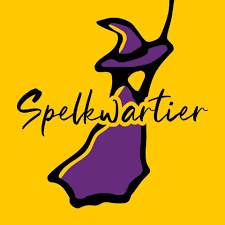“That’s one small step for man, one giant leap for mankind.” In Moon Leap, players (and their five astronauts) go on a true space race to be the first to secure the best spot (or spots) on the moon and maybe even beyond… Is it a small step for you to claim victory or do you only make crooked jumps and no giant ones?
Moon Leap is a renewed edition of a classic. Korean publisher Playte gives Moon Leap a very special new edition indeed. In fact, Moon Leap is one of the games to introduce their new L Board system. In these games, the box is not only used to store the game, but also serves as a game board.
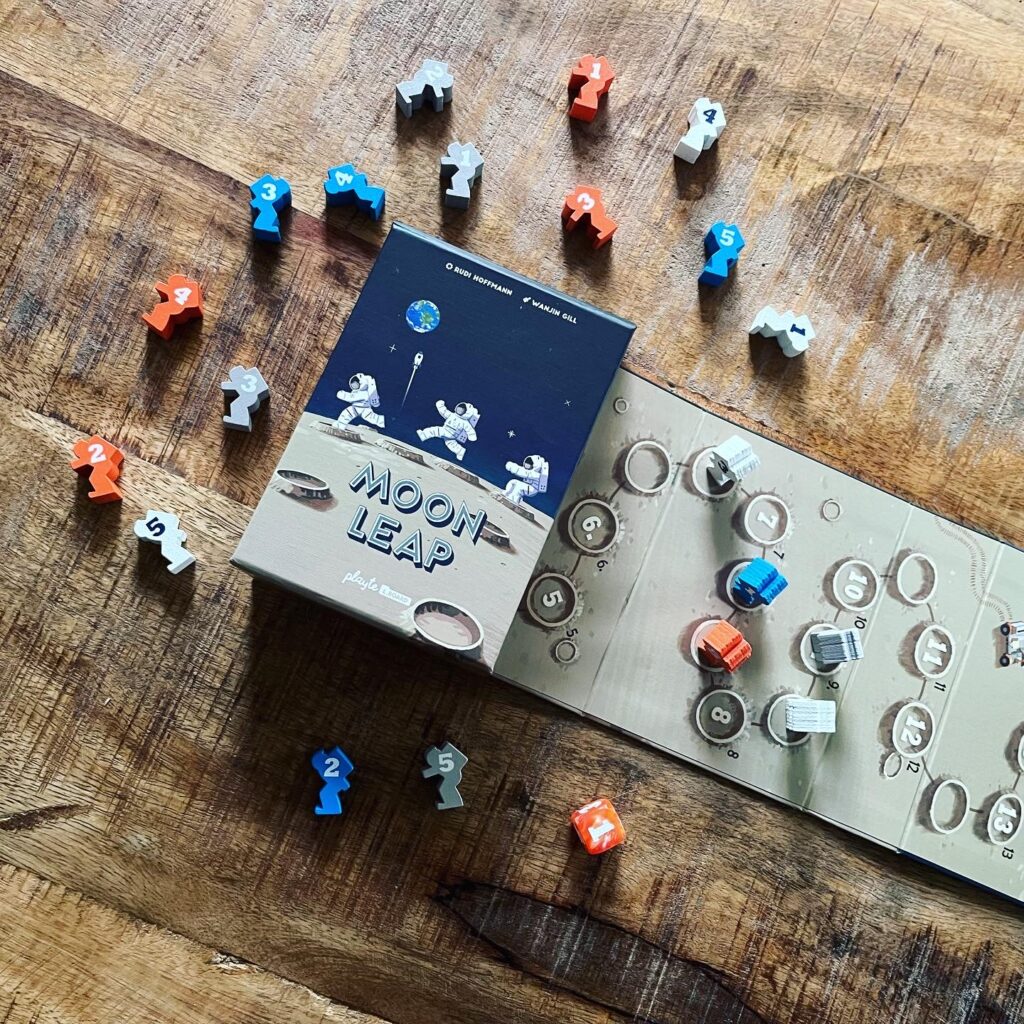
The L-shaped game board depicts craters on the moon. Players try to have their astronauts jump to the best craters to score the most points. Some craters show points some minus points. For occupying these craters, players earn points based on the value of their astronaut multiplied by the value of the crater. Each player has five astronauts in values ranging from 1 to 5.
On their turn, the active player rolls the die and places the astronaut of the shown value on the next ‘free’ space (crater) on the board. As a result, astronauts may take a big leap across the game board. Throwing dice to move sounds like a simple kid’s game, but there is a twist: players may also divide the ‘value’ of the die between different astronauts. If a player rolls a 5, that player can move the astronaut with value 5, but can also choose to move astronaut 2 and 3 or astronaut 1 and 4. This allows players to plan their moves so that they potentially could get the best spots on the board. In addition, players get a bonus if they manage to place three of their astronauts in a row. The bonus: an extra turn!
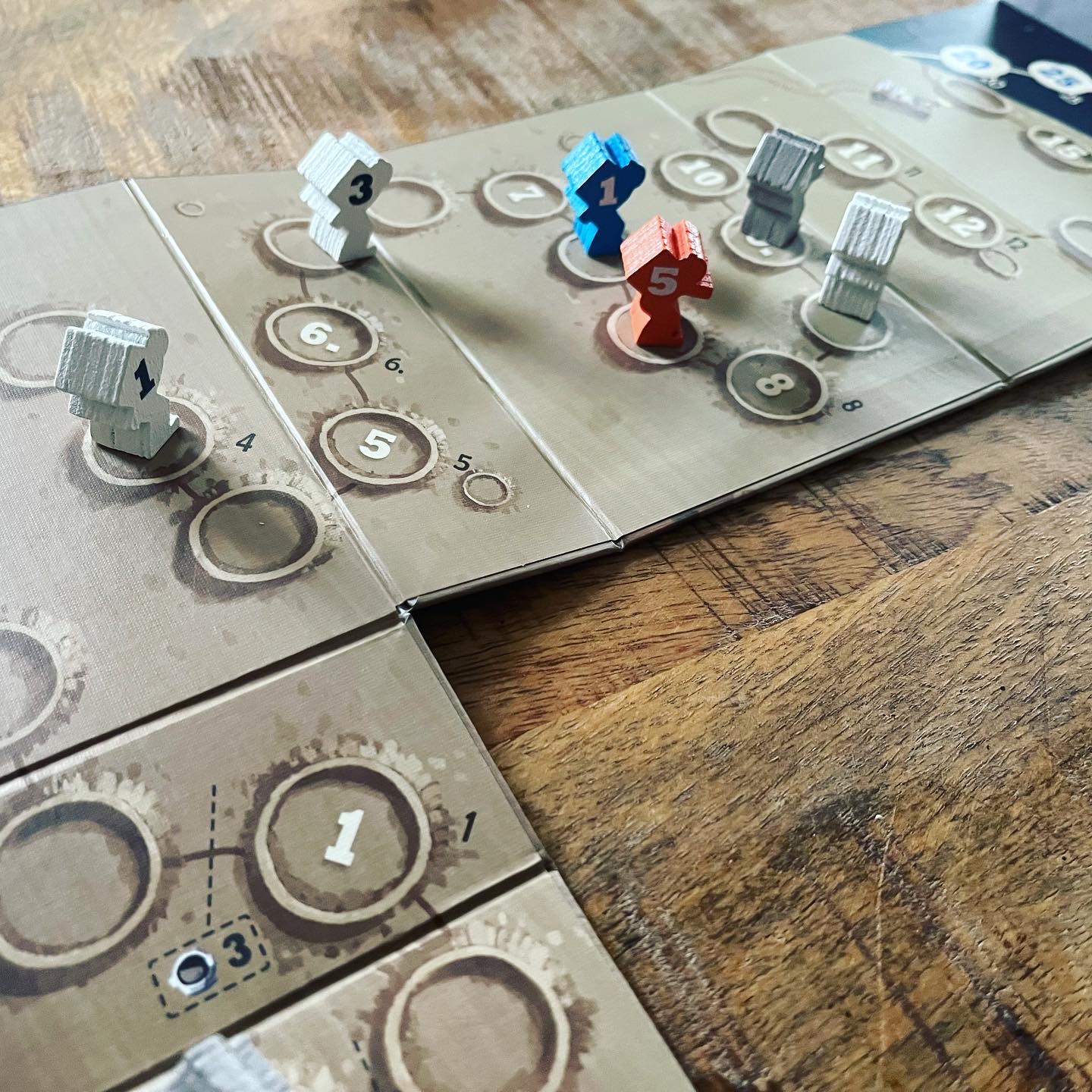
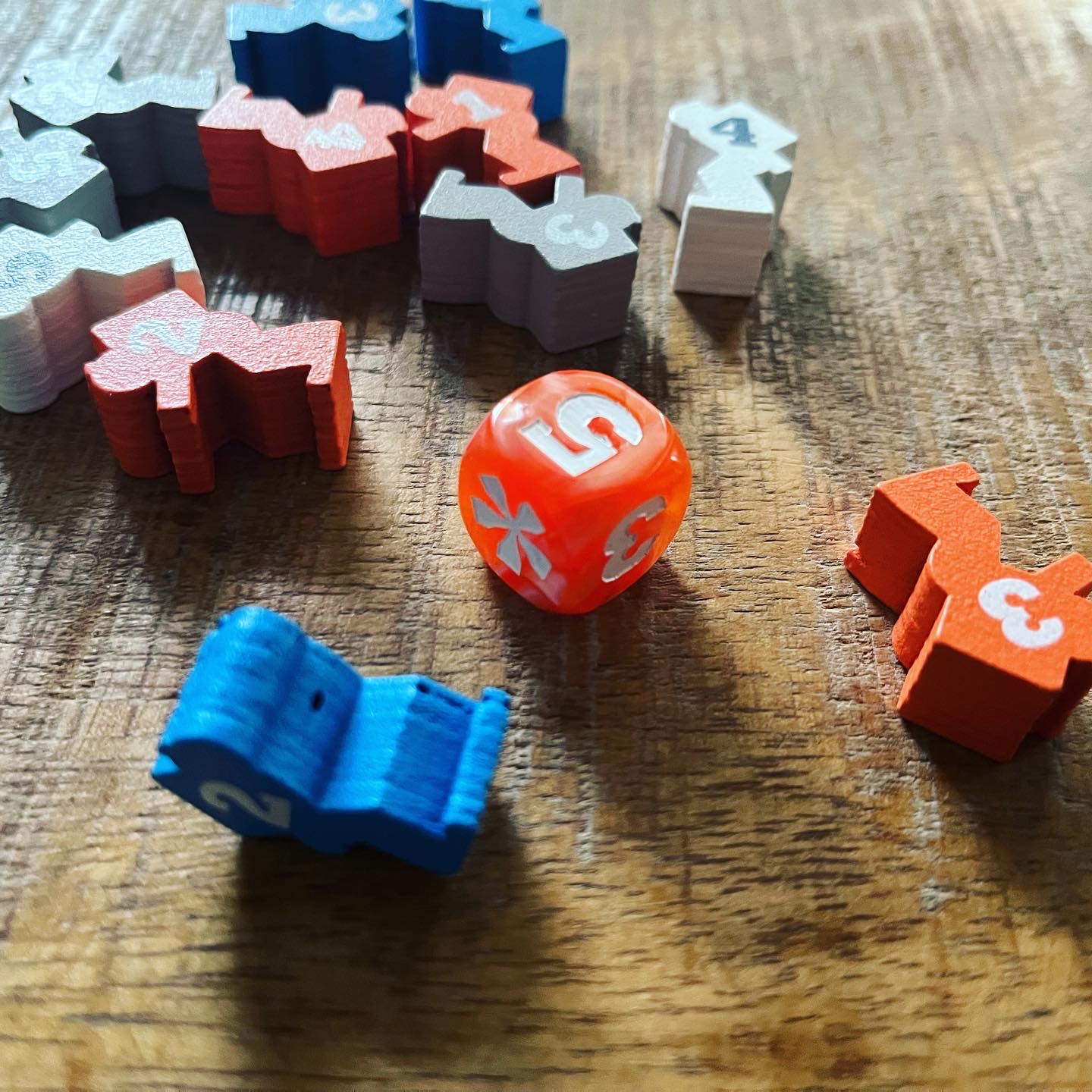
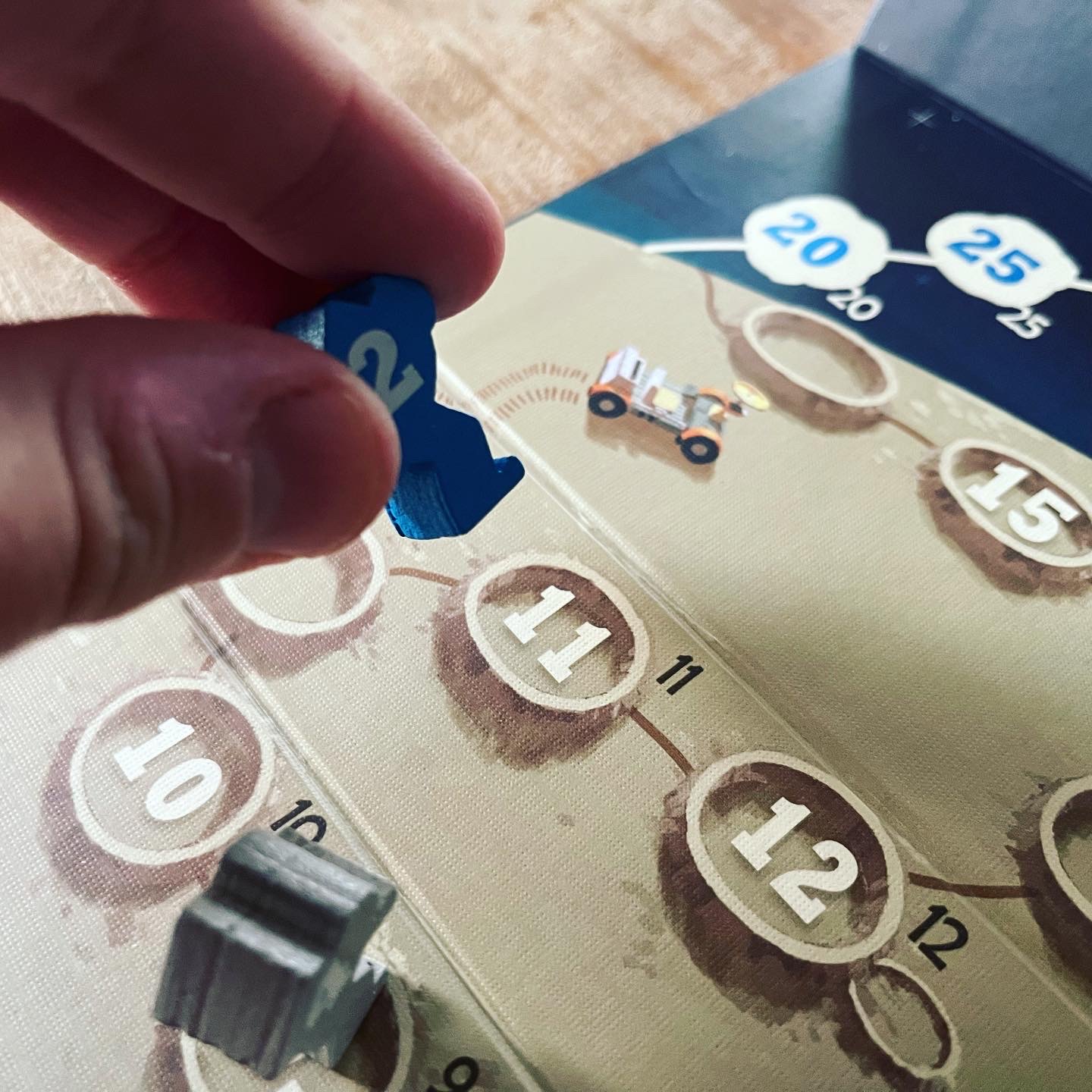
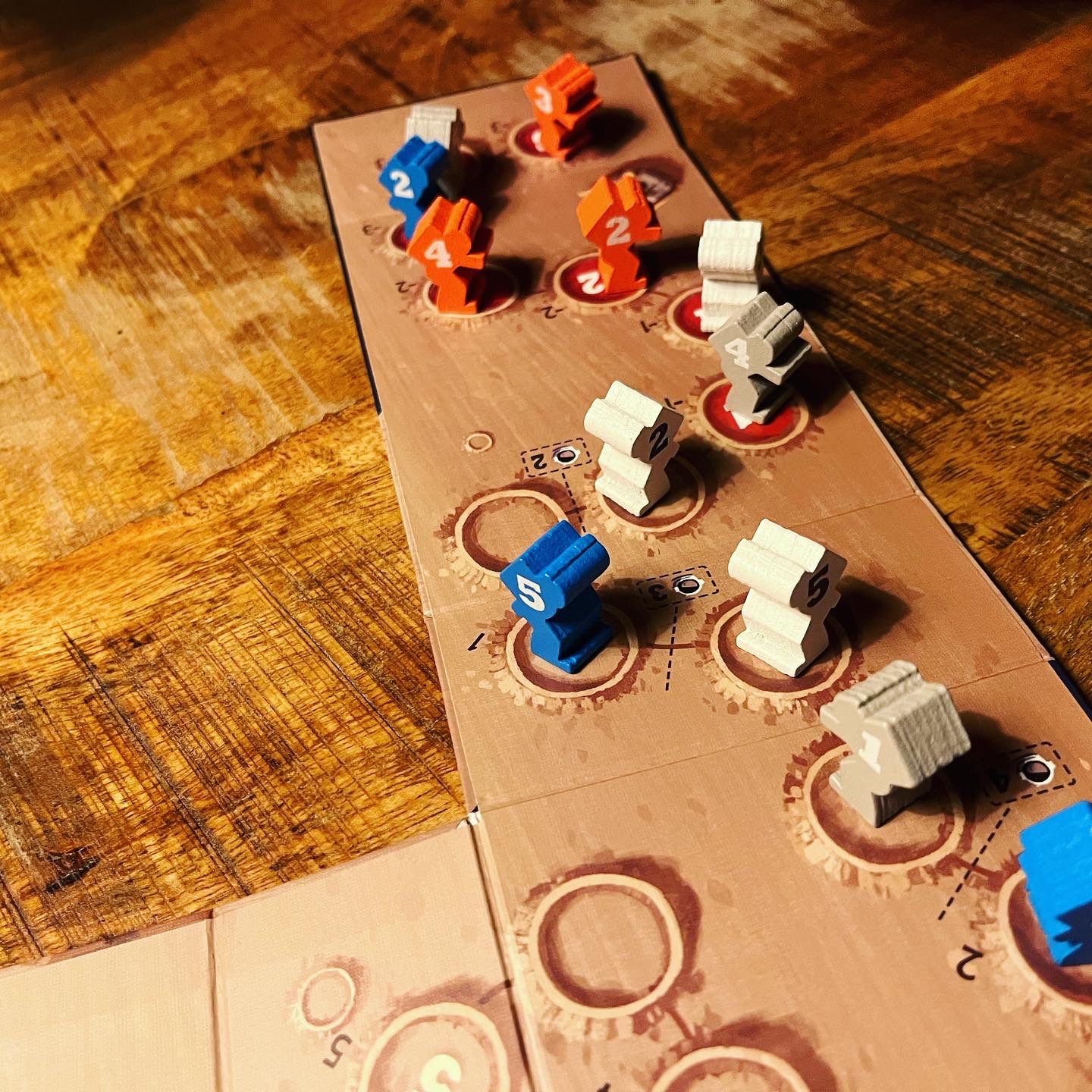
Moon Leap was released before with different names and different themes, but the moon landing theme is extremely appropriate as players are engaged in an actual space race and have to jump over the moon. Moon Leap is an extremely simple, but entertaining game that is very well suited to younger players and is a good – and actually fun – substitute for games such as Candyland and Pacheesi. Luck plays a big factor, but no one has ever won a space race without a bit of luck!



